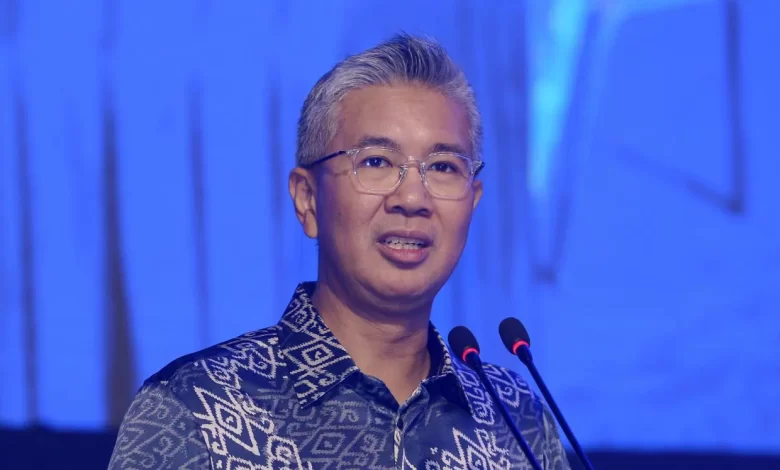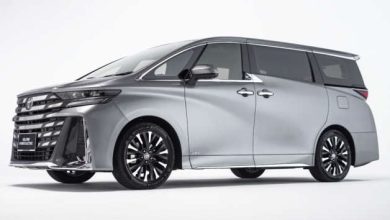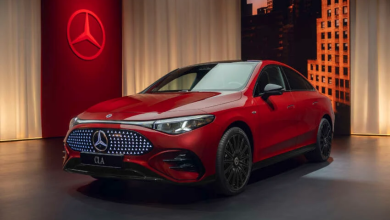Malaysia Accelerates Towards Becoming Southeast Asia’s Smart & Sustainable Mobility Hub

Malaysia is shifting into high gear as it positions itself to become Southeast Asia’s leading hub for smart, sustainable mobility, powered by breakthroughs in electric vehicles (EVs), artificial intelligence (AI) and advanced manufacturing.
Speaking at the Global Automotive and Technology Expo (GATE) 2025 in Kuala Lumpur, Investment, Trade and Industry Minister Tengku Datuk Seri Zafrul Abdul Aziz highlighted how these technologies are rapidly transforming Malaysia’s automotive landscape.
AI & EVs: The New Engines of Malaysia’s Mobility Future
Tengku Zafrul emphasized that AI is no longer just a supporting tool, it is redefining how vehicles are designed, built and driven. From predictive safety systems to automated manufacturing lines, AI is enabling a new wave of smarter, safer and more efficient mobility solutions.
EVs, meanwhile, continue to anchor Malaysia’s goal of creating a low-carbon, highly innovative transport ecosystem. He noted that Malaysia’s strong semiconductor foundation, rare earth resources and established manufacturing ecosystem make the country uniquely positioned to become the region’s epicentre of smart mobility.
Policies that Push Malaysia Into a High-Tech Future
Malaysia’s long-term strategies are aligning to support this shift. Under the New Industrial Master Plan 2030 (NIMP 2030), the government is steering industries towards becoming high-value, sustainable and technology-driven. The National Automotive Policy 2020 (NAP 2020) strengthens this transition by promoting next-generation vehicles (NxGV) and energy-efficient mobility.
To support large-scale adoption of AI, Tengku Zafrul highlighted the development of the RM2 billion Sovereign AI Cloud, designed to protect Malaysia’s data sovereignty while strengthening innovation in key sectors such as mobility and semiconductor design.
Malaysia Now Leads Southeast Asia’s Vehicle Market
One of the standout announcements: Malaysia currently leads the Southeast Asian vehicle market for the first half of 2025. This momentum reflects strong consumer demand, improved localisation efforts and the growth of domestic technology capabilities.
The government is also aligning EV tax incentives with its push for:
- local assembly (CKD)
- parts localisation
- stronger domestic supply chain participation
Tengku Zafrul also announced plans for a new “essential list” and enhanced localisation incentives to empower local vendors, creating both export opportunities and industry resilience.
Local Automakers Step Up: Malaysia’s EV Industry Gains Global Attention
The minister also praised Malaysian automotive companies for their progress, especially in EV manufacturing and component development. This advancement strengthens Malaysia’s credibility, positioning the country competitively alongside Thailand, long known as the “Detroit of Asia”.
The improvements within the ecosystem demonstrate how innovation, industry empowerment, and strong policy support can directly uplift:
- employment
- technological capability
- economic growth
A Call to Build a Smarter, More Inclusive Automotive Future
As GATE 2025 continues to draw global attention, Tengku Zafrul reiterated that the momentum must not slow down. Instead, Malaysia needs to expand collaboration, accelerate innovation, and advance as a leader in sustainable, intelligent and inclusive mobility.
Malaysia’s automotive future is moving fast and for the first time, the nation is firmly in the driver’s seat.





